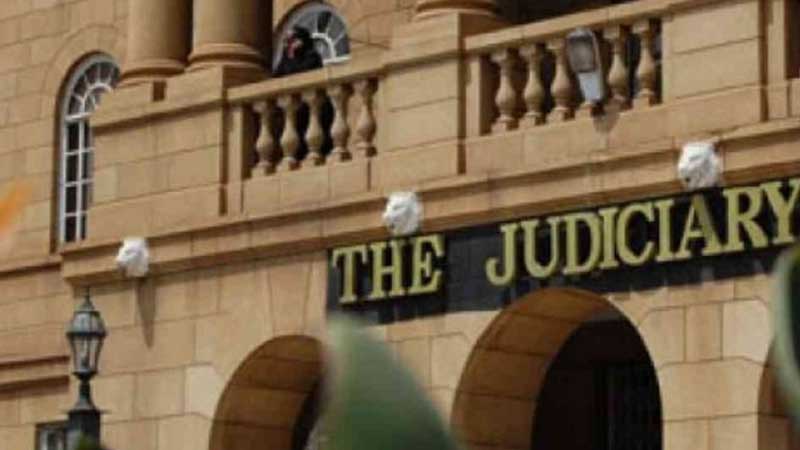×
The Standard e-Paper
Home To Bold Columnists

One of the more progressive aspects of our 2010 Constitution was “devolution” of power from the “imperial presidency” to other organs of government. Prior to 2010 the Executive, nay the Presidency, exercised almost every power of the State. Whether it was the power of the purse, the power of appointment or even the power of mercy, these powers were unchecked and exercised absolutely by an all-knowing President.